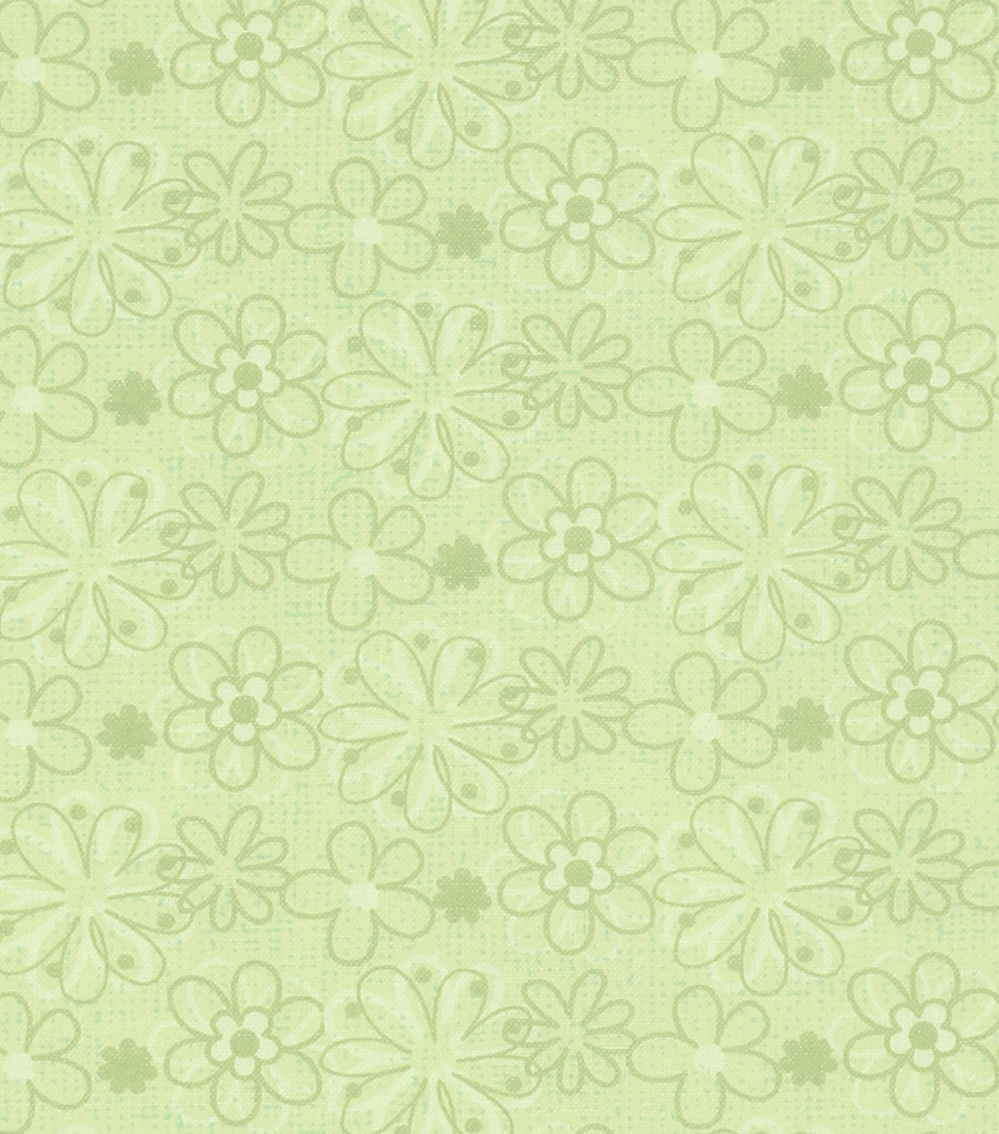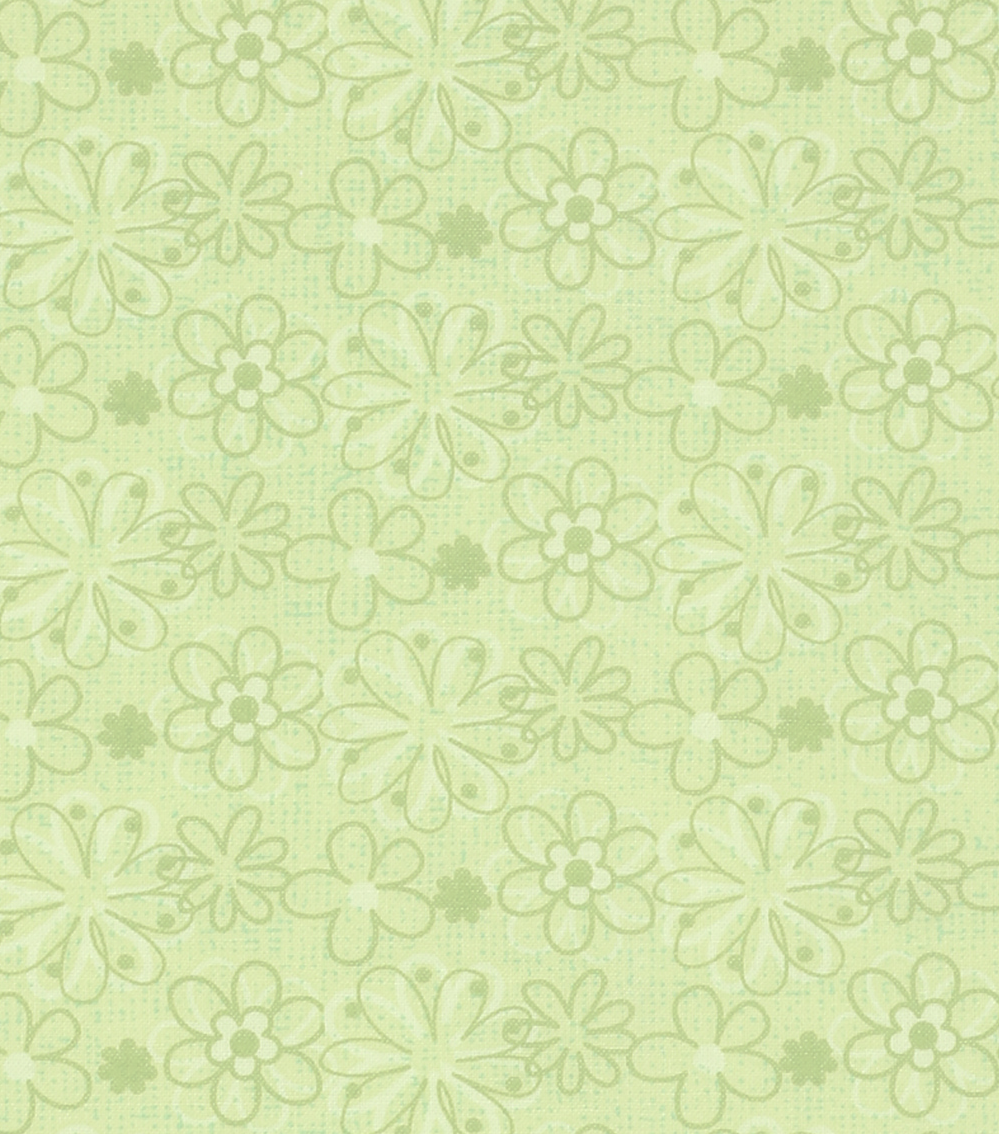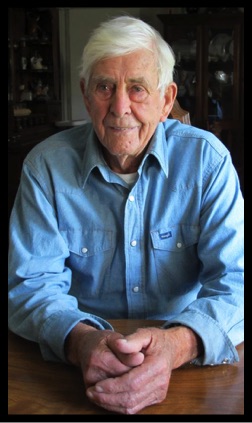

The Robert Dotson Scholarship honors the influence of flatfooting dance legend Robert Dotson on the Green Grass Cloggers and traditional American percussive dance. Robert Dotson is the source of the Walking Step, a percussive dance step the Green Grass Cloggers deciphered in 1978 and helped spread far beyond Robert’s home community of Sugar Grove, North Carolina, where he lived for the majority of his 91 years (May 13, 1923 - January 13, 2015). Robert and his wife Myrtle, recipients of the 1994 North Carolina Heritage Award, regularly hosted old-time music and dance parties at his dance barn across the road and down the hill from his house above Cove Creek. Watching and dancing with Robert at one of those parties in 1978 opened the GGCs to wider possibilities for their dancing. The foundation for the group’s footwork was the basic step GGC founder Dudley Culp had learned in 1971. As they practiced the Walking Step from Robert’s flatfooting style of dancing, they developed new ways of making sounds with their feet in relation to music.


Teaching the Walking Step has proved to be an effective way for the North Carolina-based Green Grass Cloggers, the Maryland-based Fiddle Puppet Dancers (now Footworks), and numerous GGC-influenced clogging teams to introduce new dancers to flatfooting and clogging at festivals and workshops in several states and countries. The Walking Step is now considered a “must know” to be a good flatfooter—so much so that the Walking Step’s influence on contemporary percussive dance parallels the changes Earl Scruggs’ three-finger picking brought to banjoists and that Doc Watson’s flatpicking brought to guitarists. Robert spent decades at community dances encouraging folks who were sitting down or standing around watching to come out on the dance floor and flatfoot with him. He enjoyed seeing people take up the style of dancing he loved, and with this scholarship, the GGCs seek to continue Robert’s spirit of sharing by enabling students to explore traditional American percussive dance at a weeklong music and dance camp.
Currently, the scholarship is for the Swannanoa Gathering’s Old-Time Week. Applicants should be 22 to 50 years of age who have an interest in American vernacular dance. Prior experience with American vernacular dance is not necessary, nor is prior attendance at a camp. To maximize the number of applicants who can study dance with the help of the scholarship, recipients will be awarded the grant only once. Green Grass Cloggers and their relatives are not eligible to apply. Recipients’ names will be listed in online announcements about the scholarship.
Scholarship recipients’ camp course schedules should consist mostly of dance classes, and preference will be given to applicants who are willing to take three dance classes. The recipient should attend all class periods and other relevant activities (i.e., camp staff concerts, evening dances, and supplemental sessions related to dance). After the awards are announced, recipients who cannot attend the camp, need to leave during the week, or decide to not fulfill the attendance requirements forfeit the scholarship and owe any non-refundable expenses. Recipients are responsible for their transportation to and from the camp. Recipients also acknowledge risks inherent in travel and participation in such a camp and agree that the Green Grass Cloggers, as a group and as individuals, are not responsible for safety during travel or during the camp itself, and GGCs are not liable for injury, losses, or damages resulting in whole or in part from participation in the camp. Submitting an application confirms that recipients understand and agree to the terms described above.
Watch the 2016 film, Floating Dancer: The Story of Robert Dotson, the Walking Step, and the Green Grass Cloggers on Folkstreams by clicking HERE.
To apply for the Robert Dotson Scholarship:
Complete the form using the survey linked HERE.
The form requests the applicant’s contact information; course preferences; a list of previous dance education/experience (if any, any genre), including classes taken, workshops, and camps attended, etc., genres, and approximate dates of study; and a 250-300-word mini-essay about how attending the camp would expand your dance experience.

Image: Robert Dotson on his 90th birthday.
May 13, 2013. Photo by Leanne E. Smith.